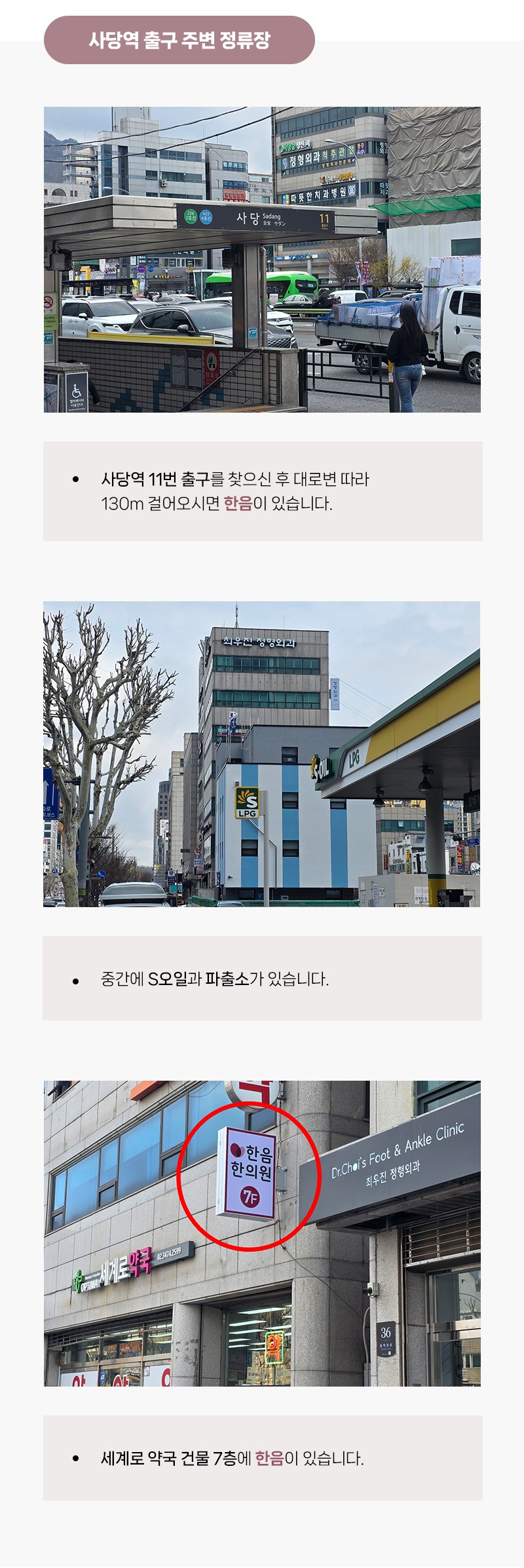Haneum
의학 논문
한음이 발표한 의학논문입니다.
자율신경실조증 한의표준임상진료지침 개발을 위한 한의임상 실태조사
초록
Objectives: The study aimed to understand the current treatment patterns in Korean medicine to develop clinical practice guidelines for autonomic dysfunction in Korean medicine.
Methods: This study sent an online survey vai text message to 25,900 Korean medicine doctors whose contact information was registered with the Association of Korean Medicine. A total of 1,410 Korean medical doctors completed the online survey.
Results: When autonomic treating dysfunction clinically, 77% of the cases included only a description without entering a diagnosis code. The most commonly used information to diagnose o autonomic dysfunction was history-taking and symptoms (79%), and the main symptoms of autonomic dysfunction were palpitations, dizziness, sleeping difficulties, anxiety/nervousness, and depression/lethargy. The most frequently mentioned cause of autonomic dysfunction was mental problems (54%). The most commonly used Korean medicine treatment method for autonomic dysfunction was herbal medicine (70%), and Soyo-san/Gamisoyo-san is the most frequently used herbal medicine preparation. Liver qi depression used to indicate the most often mentioned Korean medicine pattern identification used to indicate autonomic dysfunction (31%). When asked whether cardiac neurosis in Chinese medicine can be considered autonomic dysfunction, opinions for and against it are determined almost equally.
Conclusions: Our results serve are a foundation for developing clinical practice guidelines for autonomic dysfunction in Korean medicine and are expected to catalyst promoting future clinical research on autonomic dysfunction.























